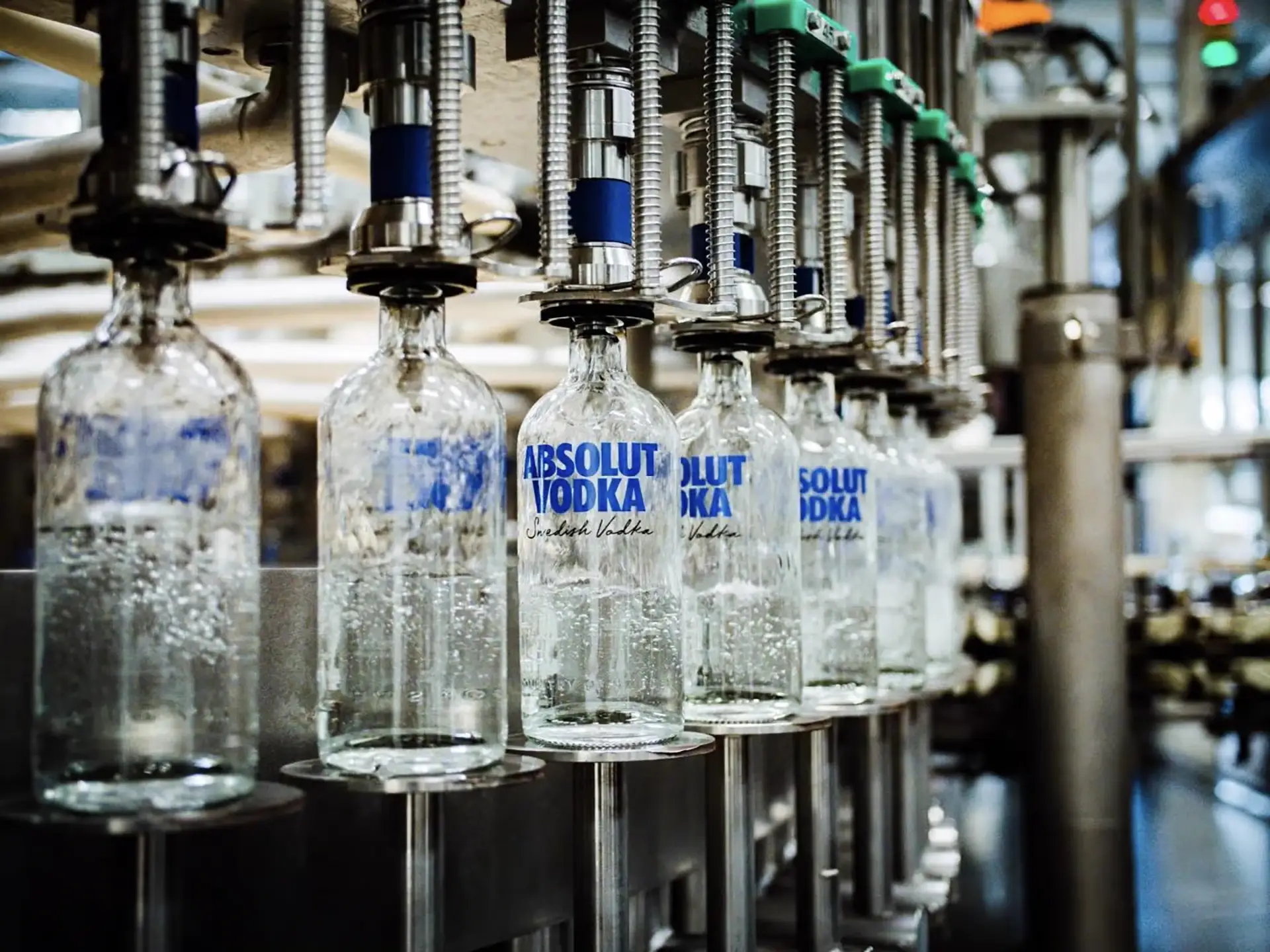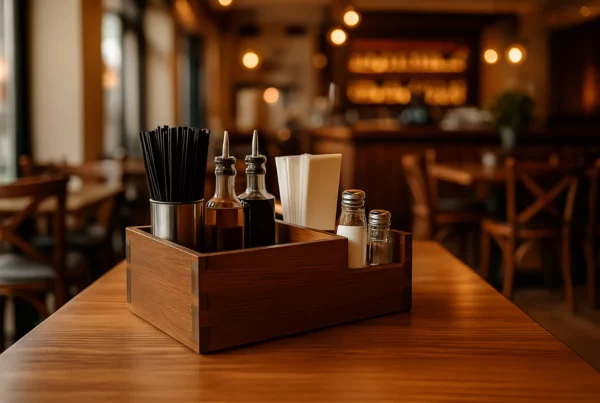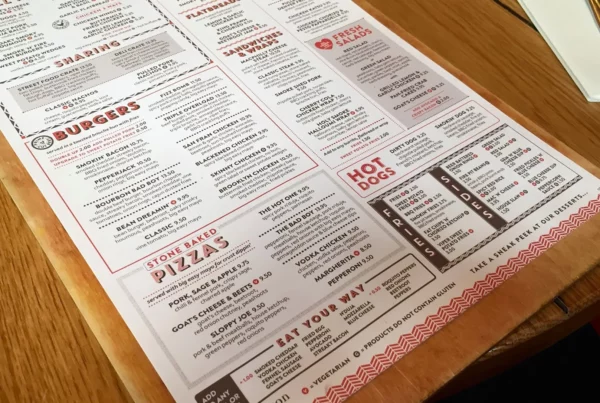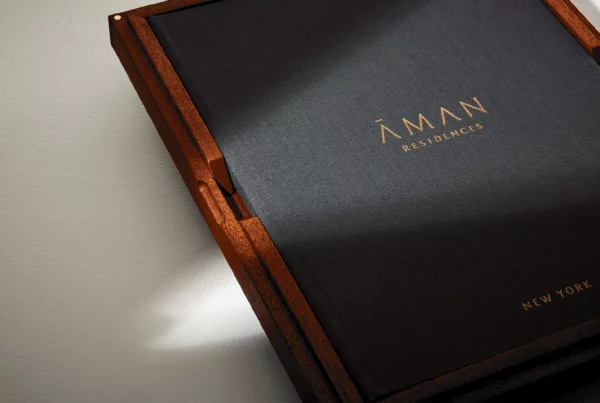A New Era of Sustainability in Luxury Spirits
Sustainability is no longer just a buzzword – it’s a fundamental shift in how premium alcohol brands approach packaging. Today’s consumers expect high-end spirits, wines, and champagnes to not only deliver an exceptional drinking experience but also reflect a commitment to environmental responsibility. As a result, luxury alcohol brands are investing in innovative packaging solutions that reduce waste, improve recyclability, and enhance brand perception without compromising on quality or aesthetics.
From lightweight glass bottles to refillable packaging and sustainably sourced wooden presentation boxes, the industry is embracing new ways to balance elegance with eco-consciousness. Here are five key trends shaping sustainable luxury alcohol packaging today.
1. Lightweight Glass Bottles
Glass remains the preferred material for premium alcohol packaging, but traditional bottles are heavy and energy-intensive to produce. In response, brands are adopting lightweight glass to reduce their environmental footprint while maintaining the prestige associated with premium spirits.
- Champagne Telmont has reduced the weight of its bottles by 35%, significantly lowering its carbon footprint while maintaining its luxurious appeal.
- Absolut Vodka launched a lightweight glass bottle, reducing emissions from production and transport while maintaining brand identity.
A study by The European Container Glass Federation (FEVE) found that a 10% reduction in glass weight can lead to a 5% reduction in CO2 emissions, demonstrating the tangible impact of this shift.
2. Refillable and Reusable Packaging
Luxury alcohol brands are moving towards refillable solutions that extend the lifecycle of their packaging. This approach not only reduces waste but also enhances consumer engagement by transforming packaging into a collectible.
- Rémy Martin’s Club Cognac features a refillable glass bottle with an elegant wooden case, allowing customers to replenish their supply without unnecessary waste.
- The Macallan Horizon is a first-of-its-kind whisky presented in a horizontally designed refillable bottle, made from a blend of recycled materials including aluminum and sustainable wood.
- Pernod Ricard has expanded its refillable spirits program in retail outlets, allowing customers to bring back bottles for refills, reducing overall packaging waste.
3. Sustainably Sourced Wooden Presentation Boxes
Wooden packaging remains a staple in the luxury alcohol industry, offering a premium unboxing experience while providing sustainable alternatives to plastic-heavy gift packaging. By using FSC-certified wood and responsibly managed materials, brands can maintain their high-end aesthetic while reducing their environmental impact.
- Glenfiddich’s Grand Cru whisky is presented in a FSC-certified oak box, reinforcing its commitment to sustainable sourcing.
- Armand de Brignac (Ace of Spades) offers champagne in reusable wooden cases with biodegradable interior linings.
- Moran’s Wood Components specialises in bespoke wooden spirits packaging, ensuring that premium presentation boxes are crafted with sustainability in mind, using reclaimed or responsibly sourced timber.
4. Compostable and Biodegradable Packaging Innovations
As regulations on plastic packaging tighten, luxury alcohol brands are investing in compostable and biodegradable alternatives. These materials break down naturally, leaving no lasting environmental impact.
- Johnnie Walker launched a paper-based whisky bottle, made from sustainably sourced pulp, designed to be fully recyclable and biodegradable.
- Maison Ruinart, a pioneering champagne house, introduced a second skin case made from paper pulp, replacing traditional packaging while reducing its carbon footprint by 60%.
- The Glenlivet experimented with edible whisky capsules, offering an innovative, zero-waste alternative to traditional bottling.
5. Digital-First and Minimalist Packaging
Luxury alcohol brands are embracing digital engagement strategies to reduce the need for excessive packaging while maintaining an exclusive customer experience. QR codes, NFC tags, and augmented reality (AR) features allow brands to provide product information, tasting notes, and brand storytelling without relying on physical materials.
- Hennessy’s XO Cognac features NFC-enabled packaging that connects consumers to exclusive content, eliminating the need for printed booklets.
- Moët & Chandon has adopted minimalist, ink-free bottle designs, reducing chemical usage in production.
- Diageo, the parent company of brands like Johnnie Walker and Guinness, has committed to making 100% of its packaging recyclable, reusable, or compostable by 2030.
Looking Ahead: The Future of Sustainable Luxury Alcohol Packaging
As the luxury alcohol industry continues to evolve, sustainable packaging will play an even more significant role in brand differentiation and consumer loyalty. Whether through eco-friendly materials, refillable solutions, or digital-first innovations, high-end brands are proving that luxury and sustainability can go hand in hand.
At Moran’s Wood Components, we specialise in crafting sustainable wooden packaging solutions for premium alcohol brands, combining craftsmanship with environmental responsibility. Get in touch to explore how our bespoke wooden packaging can align with your sustainability goals.










